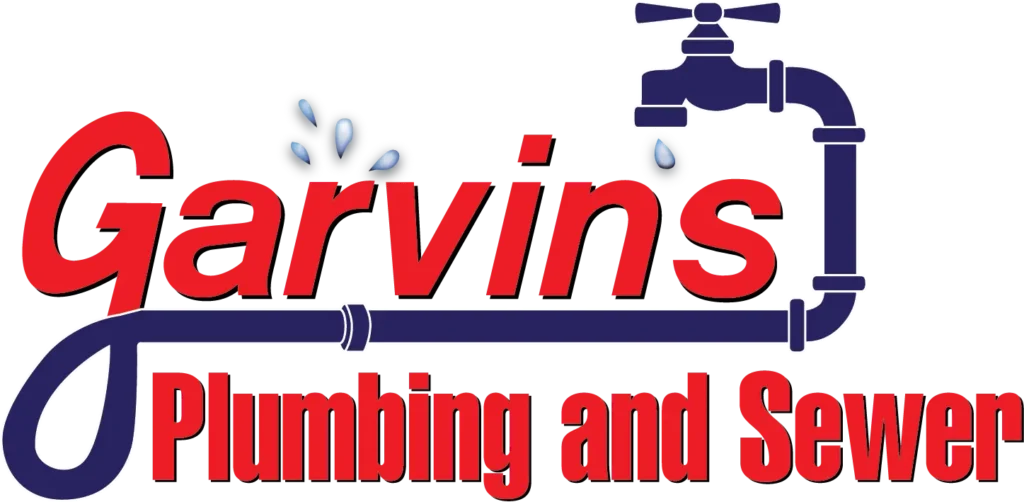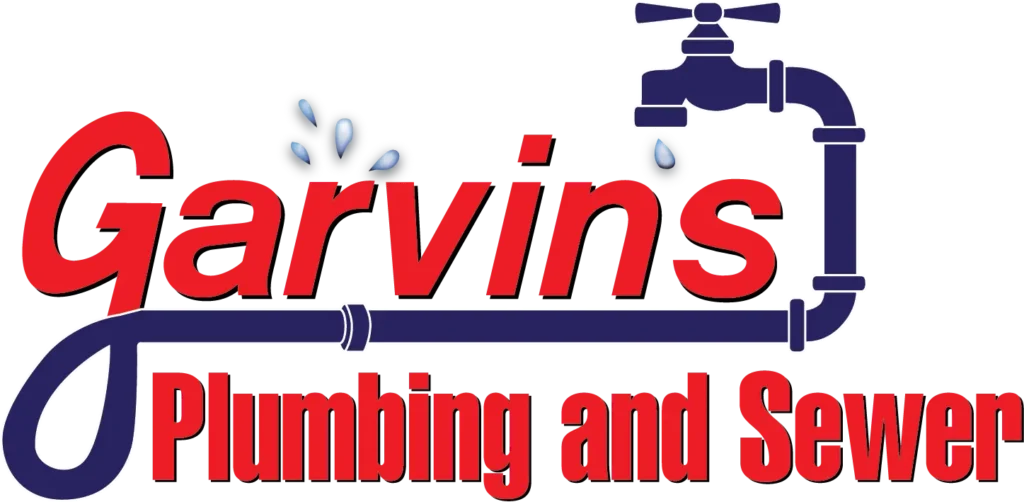Drain Services
At Garvin’s Plumbing and Sewer, we understand that drain issues can be more than just a nuisance—they can disrupt your entire day. That’s why we offer a suite of drain services designed to get to the root of the problem quickly and efficiently.
Imagine having a team that doesn’t just clear drains but also gives you a clear view of what’s happening inside your pipes with camera inspections. We take it a step further with hydro jetting, a powerful cleaning solution that blasts through the most stubborn blockages, ensuring your sewer lines are as good as new. And for those who rely on sump and ejector pumps, we’re here to ensure they’re in top working order, protecting your home from water damage and keeping everything running smoothly.
With Garvin’s, it’s not just about fixing problems—it’s about providing peace of mind and a seamless, hassle-free service experience.
Camera Inspections
We’ll take a peek into the dark so that you don’t have to!
Drain Cleaning
Quick draining water – don’t bypass the convenience!
Hydrojetting
Wield the power of water against the toughest clogs!
Sewer Line Cleaning
Let us take care of the mess – you just enjoy the rest!
Sump & Ejector Pumps
Keep water and waste away from your home easily!

Set Your Garvin's Plumbing Location
Broomfield, CO
Broomfield, CO 80020
Englewood, CO
Englewood, CO 80110



